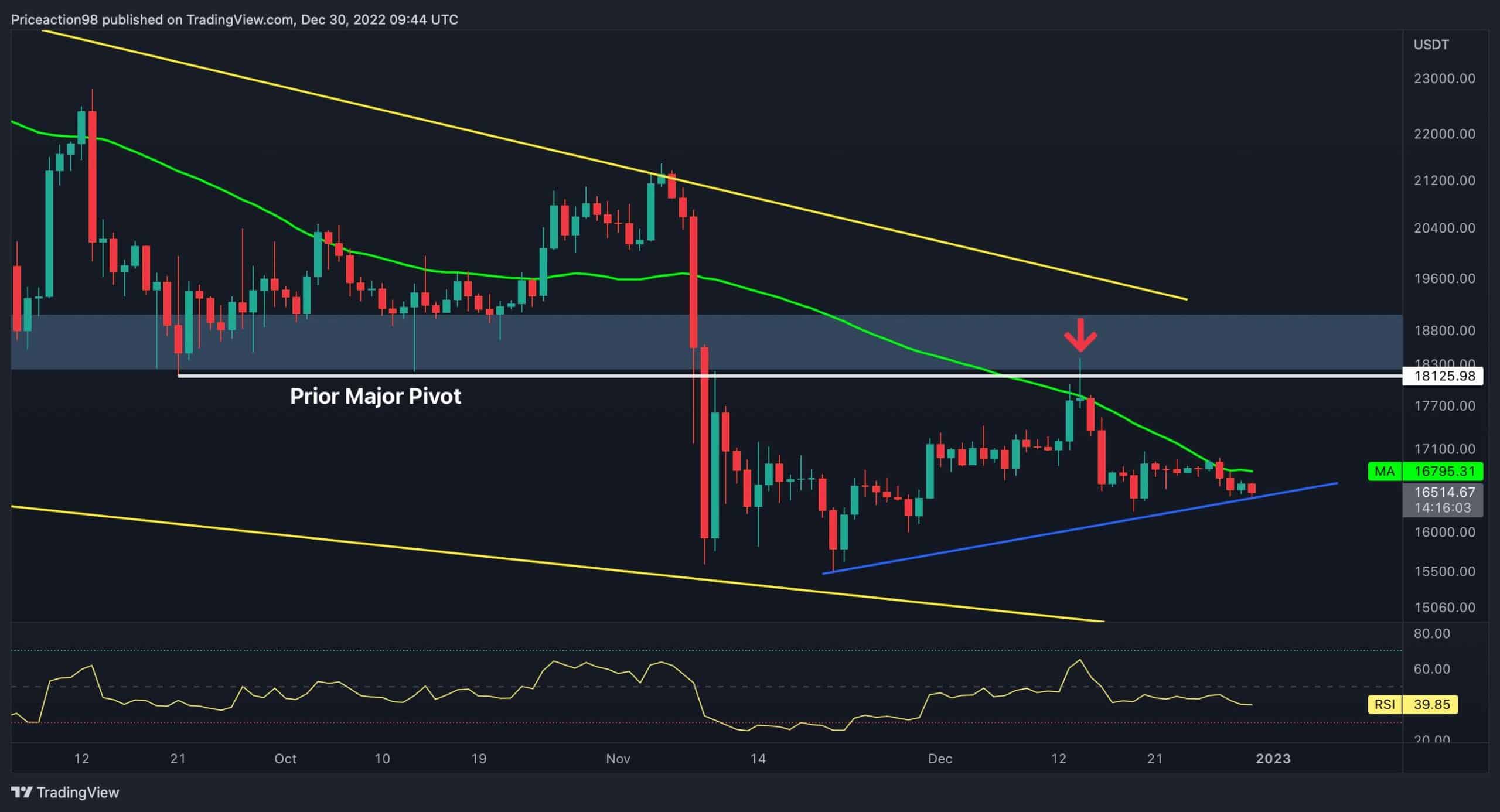Is Japan Negatively Affected By Over-Regulating Crypto? At Least By Looking at the JPY-BTC Markets
In the past few years, we’ve begun to see the benefits that can be accrued when countries take a more liberal approach towards regulating cryptocurrencies.
Malta has established itself as a crypto hub for blockchain projects and major exchanges like Binance and OKEX. Switzerland has made far more progress than other countries in developing a legal framework for blockchain technology, as well as launching the world’s first crypto ETP (exchange-traded product).
Both of these nations are seeing a boost in new blockchain businesses launched and operating in their country, which translates to higher tax revenue and early access to the innovations that these companies are developing.
Similarly, in the past few years, Japan become a favorite destination amongst crypto entrepreneurs, investors, and exchanges. Japan had accepted Bitcoin as a legal payment method in early 2017.
However, as a result of the major security breaches and scandals that erupted after the 2014 Mt.Gox Exchange bankruptcy, Japan has also slowly pulled back on its liberal approach, and now seems to be taking actions that resemble over-regulating and could stifle the growth of their dominant crypto market.
Once such example is the Japanese Financial Service Agency (FSA), which seems to be passing laws that conflict with one another, first, the FSA granted players in the crypto space with ‘self-regulatory’ status, allowing them to respond appropriately to fraudulent activities they detect within their community to make the regulatory process more efficient. Then just one month later, the FSA released their own regulatory framework aimed at players in the crypto space (specifical regulations around cryptocurrency wallets that would force KYC rules to be put in effect).
The self-regulatory system would have already been able to monitor and respond to fraudulent activities involving crypto wallets, so why did the FSA need to implement their own regulatory framework? The Japanese government seems to want their crypto sector to flourish, which simultaneously wanting to regulate it tightly.
Impacts of over-regulation
Stifling the growth of a highly innovate sector like the crypto could have very negative consequences for Japan. For one, it could restrict the countries growth rate.
The Japanese Yen accounted for 40% of all Bitcoin trades around the world at the beginning of the year.
Now the Euro has overtaken the YEN to become the second most liquidate FIAT trading pair with Bitcoin and Ethereum (first is the US dollar).
Secondly, none of Japan’s crypto exchanges are currently featured on the top 10 list of Bitcoin trading platforms by volume.
And lastly, Japan’s tax policies around crypto currency gains are driving away investors. Japanese congressman Takeshi Fujimaki has proposed that the government “reduce the taxation on crypto gains from 55 percent to 20 percent, completely eliminate crypto-to-crypto taxes and small payments, and allow investors to carry forward losses from previous years to ensure that they are not taxed after recording losses.”
Ultimately, Japan needs to establish a clear stance of what they hope to achieve with their crypto sector; so they want it to flourish in a self-regulated environment? Or do they want to tightly regulate it to the point where Europe and the US quickly overshadow the early progress that Japan has made to push forward crypto adoption?
The post Is Japan Negatively Affected By Over-Regulating Crypto? At Least By Looking at the JPY-BTC Markets appeared first on CryptoPotato.









